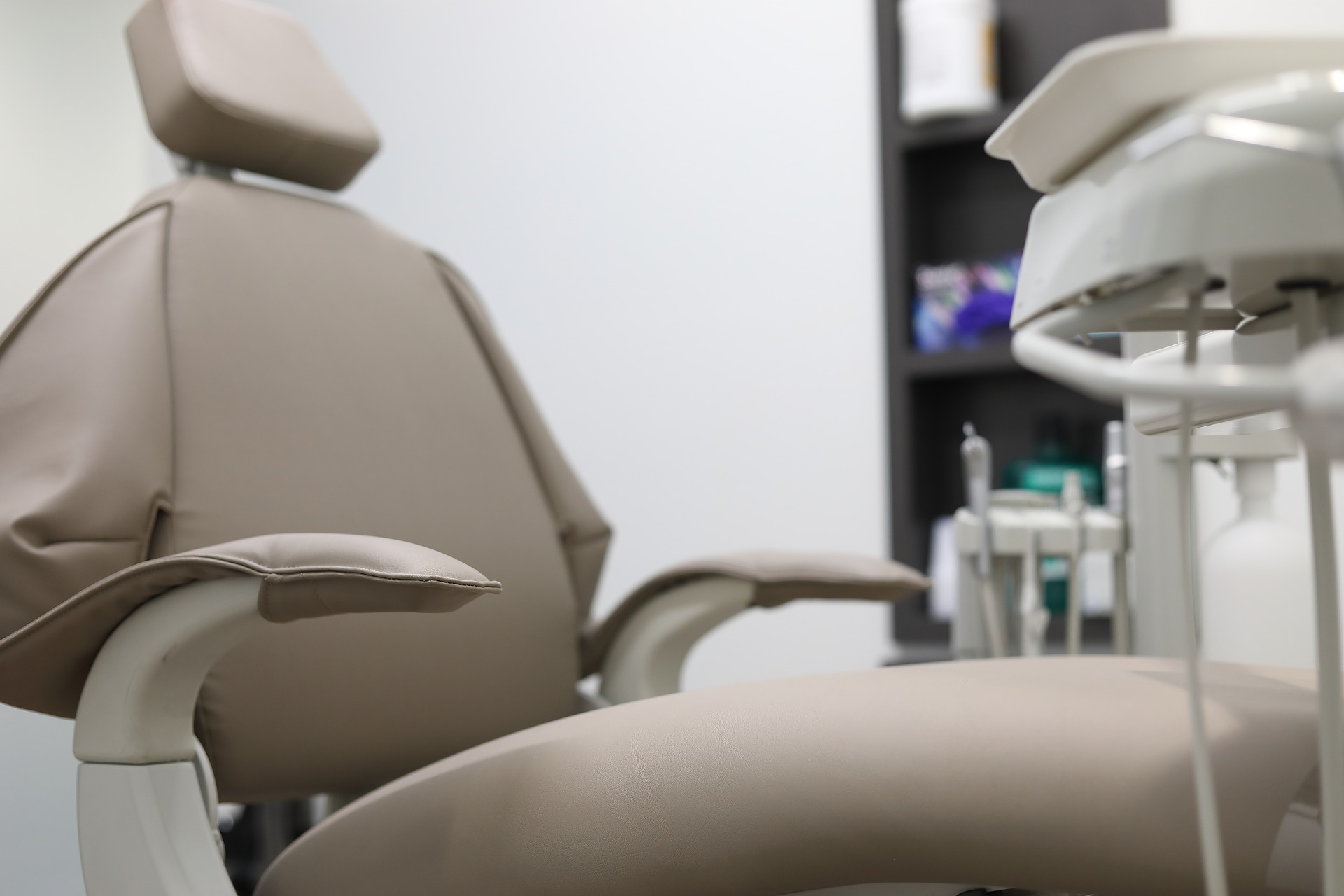Your vein doctor will recommend that you follow a healthy diet in order to prevent varicose veins. However, it can be hard for you to get all of the nutrients that you need from your diet. There are many vitamin supplements that you can include in your regimen to fight varicose veins.
Vitamin C:

Vitamin C is good for people who have varicose veins because it helps promote blood circulation. It can also reduce inflammation and free radical damage. Additionally, vitamin C helps the body produce collagen. This is one of the most abundant proteins in the body. Vitamin C is found in oranges, lemons, and berries. However, if you do not get a lot of these foods, then you can take a supplement.
Vitamin E:

Varicose veins develop when the blood stays inside of the veins instead of going back to the heart. Because vitamin E helps prevent blood from clotting, it can prevent varicose veins. Vitamin E can also prevent leg cramps.
B Complex:
The B vitamins make up a group of vitamins called B complex. They are good for varicose veins because they can strengthen the veins. Furthermore, B complex can prevent the formation of homocysteine. It has been shown to increase the risk of blood clots.
You can easily get the B vitamins from your diet by getting plenty of tuna, liver, and turkey. However, if you are a vegan, then you may not get enough of the B vitamins. That is why it can be beneficial to take a supplement.
Fiber:
Fiber is found in fruits, vegetables and whole grains. However, most people are not getting enough of this nutrient. Nutritionists recommend that adults get between 25 and 30 grams of fiber per day. The average adult only gets 10 or 11 grams per day. That is why a vein doctor may recommend taking a fiber supplement.
If a person’s diet is lacking fiber, then they may strain when they have a bowel movement. This can put pressure on the veins, which can lead to varicose veins. It can also weaken the valves in the vein.
Grape Seed Extract:
Grape seed extract is often used by French people who have varicose veins. It is filled with powerful antioxidants. These antioxidants have been shown to prevent vascular problems. The antioxidants can also make the blood vessels less elastic. That is why they can be great for preventing leg swelling.
About Metro Vein Centers:
You can call Metro Vein Centers if you are in need of a vein doctor. This is an experienced treatment center that has been around since 2006. Today, there are locations in New York, Michigan, New Jersey, and Texas.
The physicians are committed to giving people the best treatment possible. They will examine you and find out what is causing your varicose veins. After that, they will offer you the best treatment. The physicians not only want to help you get rid of the problem, but they also want to keep it from coming back.
Read Also:
























